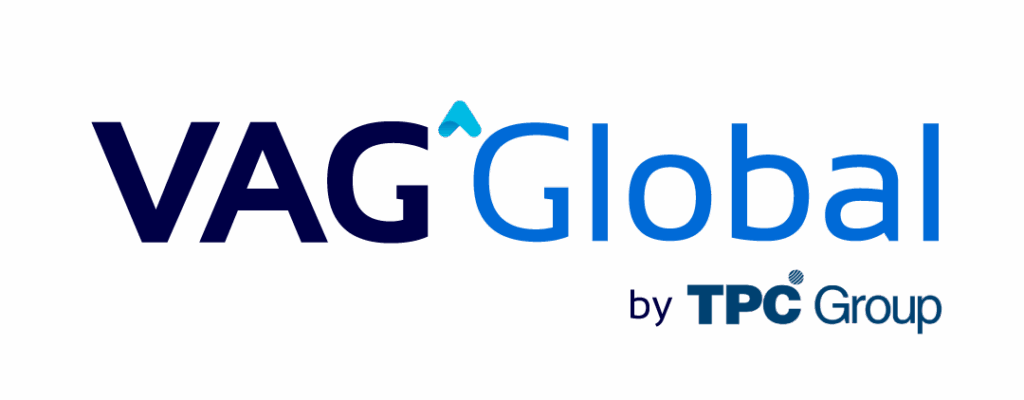In a constantly evolving business environment, audit committees play a fundamental role in overseeing and controlling corporate operations. Their strategic function not only ensures transparency and ethics in organizations but also protects the interests of shareholders and other stakeholders. This article will analyze the importance of these committees and the effects of their role on business management from a legal, accounting, and strategic perspective.
What Is an Audit Committee?
The audit committee is a group appointed by a company’s board of directors to oversee financial, accounting, and compliance activities. This multidisciplinary team, along with internal and external auditors, ensures that operations apply legal and economic standards. Audit committees are particularly relevant in large corporations, where the complexity of operations requires specialized supervision.
Key Functions of the Audit Committee
Financial Oversight
One of the primary responsibilities of the audit committee is financial oversight, which includes analyzing and approving the financial statements to ensure their accuracy and compliance with current accounting regulations. Additionally, the committees oversee the work of external auditors, evaluating their independence and effectiveness.
Regulatory Compliance
Compliance with legal regulations is another critical area in which audit committees play a strategic role. To this end, they work closely with corporate legal services and specialized advisors, such as a business lawyer in Lima or corporate lawyers in Peru, who ensure compliance with applicable local and international laws.
Risk Assessment
Audit committees are also responsible for identifying and mitigating financial, legal, and operational risks, which range from assessing the costs of accounting services for private companies to analyzing the impact of potential legal disputes.
Strategic Importance of the Audit Committee
The audit committee not only acts as a supervisory body, but also contributes strategically to business development. By guaranteeing transparency and ethics, it improves corporate reputation and strengthens investor confidence. In addition, its work in risk management allows companies to anticipate possible problems, which in the long term translates into savings in resources and financial stability.
Relationship with Legal and Accounting Services
The interaction between audit committees and legal advisory services for companies is fundamental. For example, committees often require the support of a business lawyer to interpret complex regulations or advise in litigation cases. They also work with experts in advisory services and corporate statements in Peru, who ensure that accounting management is transparent and accurate.
Additionally, the committee collaborates with corporate lawyers to develop internal policies and strengthen control systems. This joint work ensures the effective implementation of legal regulations and best accounting and auditing systems.
Benefits of Having an Active Audit Committee
Transparency and Ethics
An active audit committee intensifies internal relationships and the confidence of shareholders and other stakeholders.
Resources Optimization
Thanks to the constant evaluation of financial and legal processes, committees help companies optimize their resources, which includes everything from reducing operating costs to implementing more efficient strategies.
Legal Compliance
The support of legal and accounting services ensures compliance with all applicable regulations, avoiding legal and financial sanctions.
Better Decision Making
By providing reliable and timely information on the company’s financial and legal status, audit committees enable business leaders to make informed decisions.
Role of External Services in Audit Committees
Audit committees operate jointly with the support of specialized external services. For example, a corporate lawyer can provide crucial advice in managing legal disputes. Similarly, business accounting services contribute to the analysis and preparation of financial reports.
Furthermore, having accounting and business advice services in Peru at a competitive monthly price allows companies to maintain constant control over their financial operations. This type of collaboration ensures that companies can meet their strategic objectives without affecting transparency or ethics.
Conclusion
The audit committee is a fundamental pillar of modern corporate management. Its strategic role in financial supervision, regulatory compliance, and risk assessment ensures that companies operate ethically and efficiently. Additionally, its collaboration with corporate lawyers in Peru and business accounting experts reinforces its ability to comply with legal and financial standards.
For further information on how to strengthen your company’s audit committee or if you need specialized advice, please do not hesitate to contact us by email at contacto@vag-global.com or call +511 436 4612.

